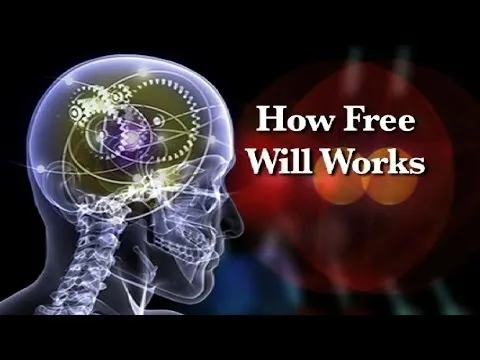Meaning must come from rational free willing agents, doesn’t it? If not, please explain how a determined “just so” universe could possess meaning? From whence comes meaning? Does it inhere in the physical properties of certain configurations of matter? Does it come from the "choices" and "intentions" of humans laboring under the illusion of having free will? If so, that could only be the “illusion” of meaning. I am pointing out that there can therefore be no actual meaning in a determined universe. If you think there can be, I welcome your explanation. I cannot imagine what that could be given that you grant that “deserved” and “earned” do not exist and that there is no “true” moral responsibility.
Then, seemingly contradictorily, you ask me why persuasion cannot exist. If it could, wouldn't you be assuming a will free to choose to be persuaded or not which would also open the door to the same moral responsibility you say does not exist?
You say, “while we are reasoning about what to do” again assuming in your language - I think inescapeably - that we have the ability to deliberate on choices and, recognizing this, you say that a “determined choice” is not a contradiction in terms. How could it possibly NOT be?
You ask if
“scientific naturalism is less explanatory than the alternative - which, I take it, is to posit supernatural magic and miracles to "explain" the world”.
Well, on your definition of agent-causation, yes, I guess that would be true! Given the scientists, quotes and references I offered previously I believe it has been shown by physicists themselves that agent causation is actual. In fact, the existence of anything at all would seem to be best explained as the result of agent causation (see Craig’s formulation of the Kalaam Cosmological Argument). By dint of logic it cannot be the case that causes infinitely regress, there must be a point at which that regression can go no further else we could not be here at this present moment having traversed an infinite amount of moments to get to this one!
“But how might genuine libertarian free will actually work?”, you might ask; this video provides an answer I find persuasive.
Given our common-sense experience of having free will and the absurdity of "determined beings" arguing and persuading one another to change each other's minds :-P it seems to me that the onus of proof is on the determinist to show why their view is the correct one.

RE: Why we don't have the controversial kind of free will, why it's okay, and why it's important - part 2 of 2